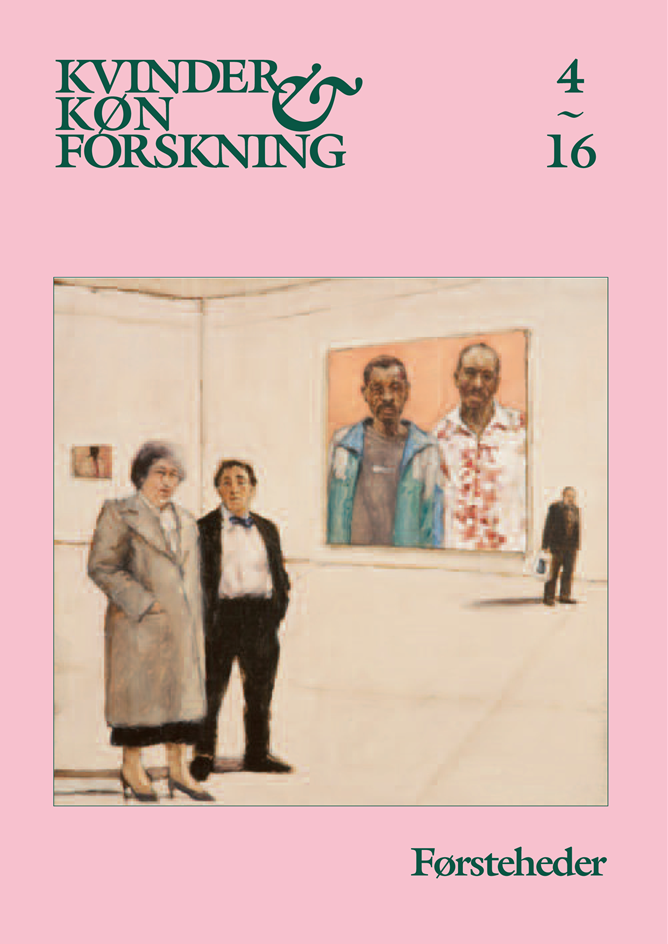Hvid mælk - om racialisering af mælk og laktoseintolerans i forbindelse med transnational adoption
DOI:
https://doi.org/10.7146/kkf.v25i4.104396Resumé
White Milk. In Denmark, ‘lactose intolerance’ refers to a medical diagnosis and a condition where the person is unable to digest lactose, a sugar found in milk and dairy products. However, 75% of the world’s population is considered lactose intolerant which raises the question: under which circumstances is lactose intolerance considered a disease in Denmark? In order to answer this question, this article examines different subjectifying processes in relation to health, race,
ethnicity, and the consumption of food, and the relation of all of these factors to milk. The analysis focuses on a publication by the Danish adoption organization Adoption og Samfund (Adoption and Society), a special issue on food. Influenced by the work of Butler (1990, 2004), Omi & Winant (1986) and Myong (2009), I find that milk comes to determine whiteness and Danishness in the publication. Consequently, lactose tolerance functions as a figure for the normalized
body belonging to the white adopter, who is framed by firstness and situated in the Global North. At the same time, lactose intolerance functions as a figure for the deviant, weak, medicalized body belonging to the adoptee of colour who is framed by otherness and situated in the Global South. Hence, drinking milk (or not) positions the subject either as part of a privileged majority or an underprivileged minority.
Downloads
Publiceret
Citation/Eksport
Nummer
Sektion
Licens
Udgivelser i Kvinder, Køn og Forskning er beskyttet under Creative Commons License: CC Attribution-NonCommercial 4.0

